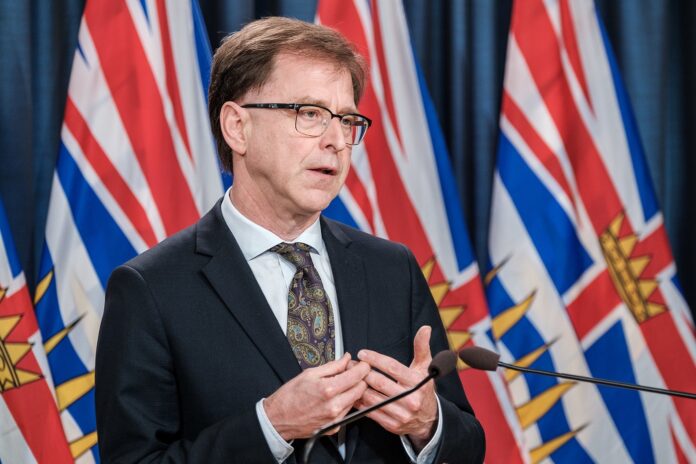PATIENTS looking for a family physician or a nurse practitioner will be better supported, as the Province provides an update on the work already underway and introduces new digital tools to improve and speed up the connection process.
“Last year we made a commitment to better connect people with primary care providers, and we’re doing just that,” said Adrian Dix, Minister of Health, on Thursday. “We said we would get a better understanding of current primary care needs and capacity, and we have. We’ve been working closely with our partners, and for the first time ever, we now know how many providers can take on new patients. This is significant progress that we’ll build on with more actions to keep connecting more people to a family doctor or nurse practitioner.”
On April 17, the Province will introduce new digital tools within the Provincial Attachment System to better link patients with family physicians and nurse practitioners. This will significantly speed up the matching and attachment of patients with available primary-care providers. An expanded team of 70 attachment co-ordinators linked with HealthLink BC will use the new digital tools that will make it faster and easier for them to connect people to a primary-care provider. In the past, this process was done manually.
Patients will be able to receive regular updates and have the option to provide up-to-date information on their health status.
This next step builds from three new registries announced in July 2023 that are now fully developed, as part of the Provincial Attachment System. It will provide better understanding of the capacity and need for primary-care services in B.C., and will help attach more people to primary-care providers.
To date, more than 87%, or over 4,500 family physicians and nurse practitioners have provided information on their patient panels. Nearly 1,600 clinics have also provided their information.
Since 2018-19, nearly 410,000 people have been connected in B.C., including nearly 68,000 people attached or close to being attached through the Health Connect Registry. Nearly 310,000 people are currently looking for a primary care provider through the Health Connect Registry. Through the registries, more than 800 primary care providers have said they can take on around 170,000 new patients. The Ministry of Health is continuing to work with Doctors of BC, the Nurses and Nurse Practitioners of BC, as well as Divisions of Family Practice and local primary care networks to match patients with available providers.
This announcement also builds on the Province’s action plan to strengthen primary care and better connect people to primary care providers, with actions that include:
* the family physician compensation model to attract and retain family physicians that has more than 4,000 physicians signed ups;
* the new-to-practice incentive program that has 239 new family physicians, as well as and 236 new nurse practitioners working under active contracts;
* more support for new team-based primary care in family practice clinics, urgent and primary care centres, community health centres, nurse practitioner clinics and First Nations primary care clinics; and
* a broader Health Human Resources Strategy to recruit and retain more health professionals to ensure people in B.C. get the health services they need and are cared for by a healthy workforce.
“We are strengthening our primary care system by adding more doctors and nurse practitioners and by better supporting them to ensure they can focus on their patients,” Dix said. “We’ve made great progress, but we are not stopping there. We will continue to build our capacity and build more primary-care clinics in communities throughout B.C. to support our growing population today and for the years to come.”











